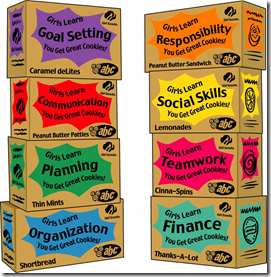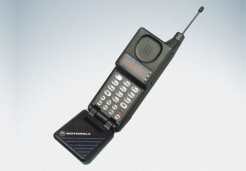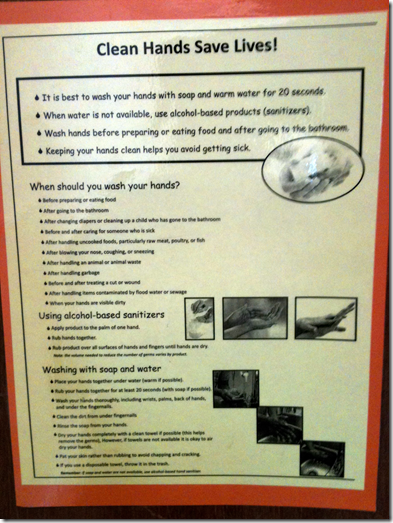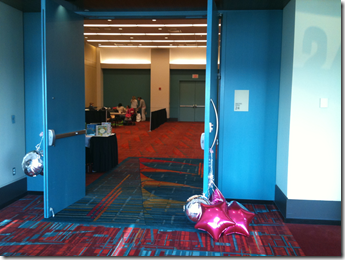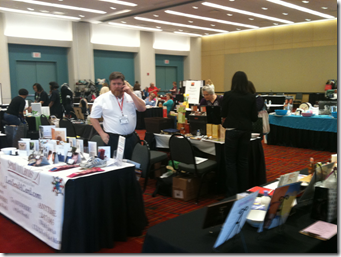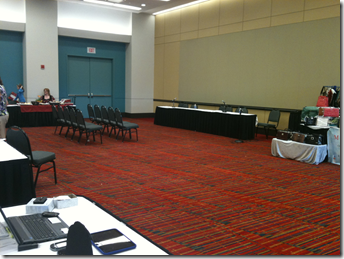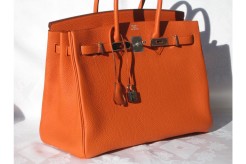What not to wear
/I almost always hate when someone tells me what I can and cannot wear. Part of it is the five year old in me, refusing to be told what to do.
But an even bigger part of it is the illogical and arbitrary nature of many of the dress codes and social mores associated with clothing, as well as the position of power that these arbiters of fashion attempt to assume.
In our world, social power tends to reside with judgmental pricks who invest heavily in conformity and price.
I hate this.
A couple weeks ago, The Boston Globe posted a piece entitled Eight summer workplace wardrobe no-nos.
Here are my thoughts on their profundity:
1. Sheer or see-through clothing
This is not a summer no-no. This is a lifetime no-no. Until social mores relax to the standard of an Amazonian National Geographic photo shoot, this one seems fairly obvious.
There are actually state and federal laws governing the wearing of see-through clothing in public.
I may not like it, but I can live with this.
2. Flip-flops, sneakers, and sandals
This is stupid. While there are certain instances where flip-flops and sandals may pose safety hazards, there is no situation in which a pair of sneakers are inappropriate. Sneakers are generally the most comfortable, most versatile, most foot-healthy choice of footwear available, and to think that wearing sneakers in any way impedes with the effectiveness or professionalism of a worker is foolish.
Old people and stupid people think that sneakers are inappropriate at work.
Sadly, these tend to be the people in charge.
3. Midriff-baring shirts or low-cut pants
Again, prohibitions against clothing that exposes certain parts of the body that are expected to be covered are fine with me. While I wish that society was more relaxed when it comes to these expectations, this is not the case.
Proposing that butt-cracks and bellies be covered at work is not exactly Earth-shattering either.
4. Sundresses
My initial thought that was there is nothing wrong with a sundress, but the author goes on to write:
“Light and airy dresses might fit the weather, but they can also be problematic, especially if they're sheer or linen.”
In other words, if you can see through the dress, it’s not appropriate.
See rule #1.
But if the sundress is made of an opaque material, I have no problem with it. Again, cover the requisite body parts and you can wear whatever dress you want.
5. T-shirts
There is nothing wrong with a t-shirt. The idea that a collar, long sleeves and a series of buttons stretching from neck to crotch somehow imbue an outfit with professionalism and esteem is an old fashioned and stupid belief.
It is possibly the stupidest, non-religious belief known to man.
6. Shorts
As long as women are wearing dresses to work (and I have no problem with them doing so), men (and women) should be allowed to wear shorts so long as they are appropriately sized. Once again, to think otherwise is discriminatory, sexist, and most important, stupid. It hearkens back to a time when every man wore a hat and smoking was permitted in the office.
7. Wide-open shirts
This also fits into the category of exposing certain aspects of the body that society has dictated remain covered.
While I appreciate cleavage as much as the next guy, I can live with this.
8. Tight-fitting outfits
This last no-no fits squarely in the category of “No duh” and “Congratulations, Captain Obvious.”
Way to go out on a limb here, Boston Globe.

